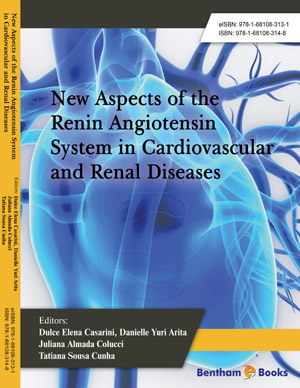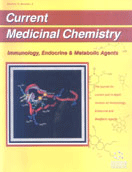Abstract
The number of people affected by cardiovascular disease is increasing in the Western world, and it is partially explained by urbanization, industrialization, work condition and inadequate diet. Cardiovascular disease killed nearly 17 million people in 2011, and of these, 7 million died of ischaemic heart disease and 6.2 million from stroke [1]. This chapter will focus on the contribution of regular physical exercise for prevention and reversal of cardiovascular disease, and on the role of renin angiotensin system (RAS) in these processes. Experimental and clinical studies show that exercise training is efficient to block RAS overactivity, thus preventing and/or reversing cardiac dysfunction and deleterious remodeling of the heart in pathological conditions such as hypertension, myocardial infarction, heart failure and obesity. Indeed, studies show that the association between RAS inhibition and exercise training can bring major benefits to individuals with heart disease (especially those with mild, moderate or severe heart failure) and also cardiometabolic alterations, acting synergically as a successful combination to the recovery and maintenance of health of these patients.
Keywords: ACE polymorphism, Angiotensin receptors, Barorreflex, Cardiovascular disease, Central nervous system, Endothelium, Exercise, Hypertension, Hypothalamus, Nephropathy, Obesity, Oxidative stress, Renin angiotensin system, VO2.





















